Basic Concepts of Cloud Native and Docker
Alibaba Cloud Native encompasses essential concepts related to modern cloud-native technologies. Let’s delve into the fundamental aspects of Docker and the broader cloud-native landscape:
- Docker:
- Docker is a powerful Linux container toolset designed for building, shipping, and running distributed applications.
- Key points about Docker:
- Containerization: Docker ensures application isolation and reusability by encapsulating applications, configurations, and dependencies using the open dockerfile standard.
- Not Virtualization: Unlike virtual machines, Docker does not simulate hardware. It focuses on applications and speeds up application shipping while improving overall productivity.
- Integration: Docker can be tightly integrated with tools like Chef and Jenkins.
- Docker Hub: The center for container image management, where Docker applications thrive1.
- Cloud Native:
- The term “cloud native” refers to a set of practices and technologies that enable organizations to build and operate scalable applications in dynamic environments.
- Kubernetes is often associated with cloud native, but it’s just one piece of the puzzle. Cloud nativeness involves more than just Kubernetes—it’s a holistic approach.
- With traditional microservice solutions like Dubbo now part of the cloud-native landscape, people are increasingly drawn to cloud native due to its benefits1.
In summary, understanding Docker and broader cloud-native principles is essential for modern application development and deployment. 🚀🐳🌐.


